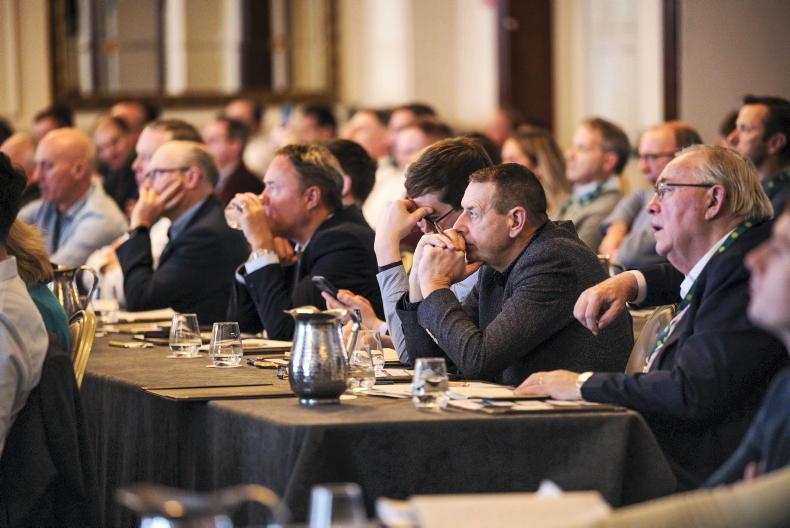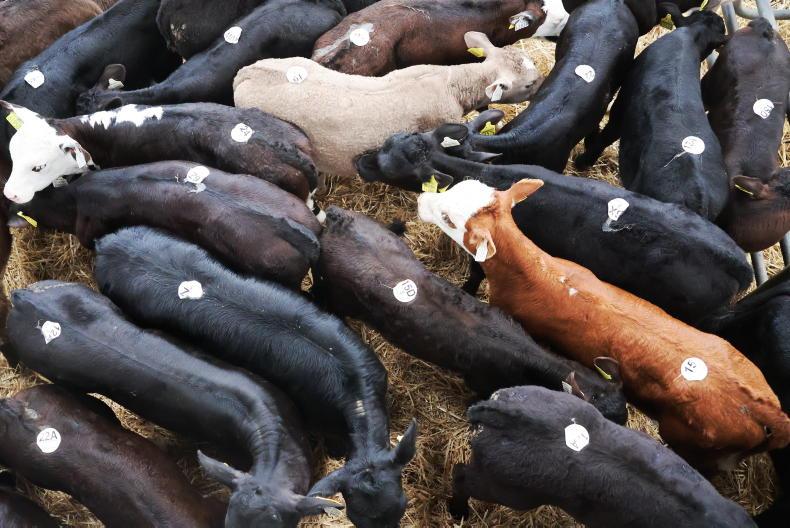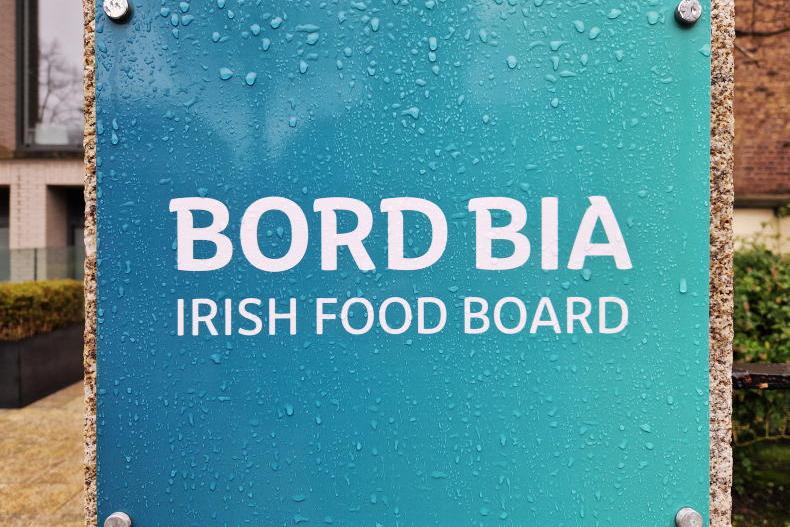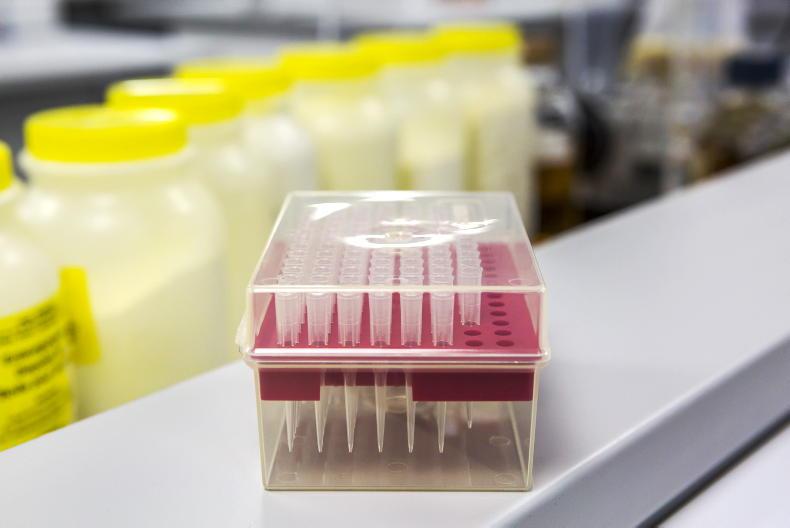A roadmap for Irish farming over the next decade is needed to prevent the industry fromdrifting into stagnation and decline, the ICMSA has warned.
A long-term strategy for agriculture from farm to processor level, and across all the enterprises, is urgently needed to meet the challenges now facing the industry, ICMSA president Denis Drennan maintained.
The ICMSA leader called for a farm and agri-sector summit to be convened by all the main stakeholders in the industry early in the New Year to chart an agreed course for farming up to 2035 and beyond.
“Every aspect of Irish farming and primary food production now appears to be in deep trouble,” Drennan pointed out.
“We lurch from crisis to crisis: inputs, fodder, high interest rates and low prices, inflationary land prices, threats to the [nitrates] derogation, cynical manipulation of cattle prices, unfit-for-purpose schemes and animal disease issues,” he explained.
“Add all this to a relentless barrage of negative publicity and barracking from a bewildering chorus of environmental quangos and activists,” he added.
Although strong beef and lamb prices, and the recent lift in milk prices, have offered some respite for farmers, Drennan claimed these developments could not obscure the serious challenges the industry currently faced.
Low student uptake
“If you look at what is going on in the industry at the minute, it’s frightening. The number of farmers under 35 has never been lower; the CAO applications for agriculture courses were down around 16% - people are walking away from farming. The industry is dying on its feet,” he said.
“Farming is not attractive to younger people anymore from the point of view of having a secure income to get a mortgage or to secure other loans, and be comfortable paying back those borrowings year on year. There are so many better options out there, and if we don’t do something we’re going to have nobody left in the industry,” Drennan maintained.
The continuing problems with ACRES, the U-turn on the straw chopping scheme and the abandoned proposals for a cow cull payment for the suckler and dairy herds were indicative of policy being devised “as we go along”, Drennan said.
Unmitigated disaster
This short-term and reactive approach to policy formation fuelled uncertainty and had been an “unmitigated disaster” for the industry, he contended, and highlighted the need for a long-term plan for farming.
“We need a roadmap for the industry for the next 10 to 15 years. What we need is stability and that any young person who is thinking of getting into farming can see where it’s going, and what rules and regulations are going to come in. They can then make an informed decision, is farming for me, yes or no,” he explained.
Asked who should be invited to participate in any round-table discussions on farming’s future, Drennan said the farm organisations and the meat and dairy processors would have to be represented, in addition to State agencies such as the Department of Agriculture, Teagasc, Bord Bia and ICBF.
The EPA and some environmental groups should also be invited to attend, the ICMSA leader said.
“ICMSA is convinced that we need all parties and responsible farm organisations sitting down for a prolonged period and only emerging when we have a plan that details where we are going, by when, and in what stages.
“Such a roadmap is desperately needed, and we will push whoever is in Government at the year’s end to set up such a summit,” Drennan said.
Drennan cautions against ‘kite flying’ on retirement scheme
Farmers should not be “led up the garden path” on the possibility of a farm retirement scheme, ICMSA leader Denis Drennan told the Irish Farmers Journal.
Drennan said there was a genuine fear that farmers who had intended to retire this year will be tempted to continue farming in the hope of qualifying for a potential retirement package.
Cull scheme
The ICMSA leader pointed out that many suckler and dairy farmers had held on for a cull cow payment which did not materialise, and he questioned if the same could now happen on the retirement scheme.
“There was a recommendation in the Food Vision groups for a cull scheme for the suckler herd and a cull scheme for the dairy herd – people would be compensated for getting out of them.
“People sat waiting for the schemes but Minister McConalogue dismissed both of them,” Drennan explained.
“Now we have a kite being flown at the moment about the possibility of a retirement scheme,” Drennan said.
Delayed retirement
“And some farmers who intended to retire will hang on and hang on, waiting for the scheme. But if it’s not delivered, what have we done but led people up the garden path again,” he added.
Minister for Agriculture, Charlie McConalogue, said recently that the soon-to-be-established commission on generational renewal will examine the possibility of a farm retirement scheme.
A roadmap for Irish farming over the next decade is needed to prevent the industry fromdrifting into stagnation and decline, the ICMSA has warned.
A long-term strategy for agriculture from farm to processor level, and across all the enterprises, is urgently needed to meet the challenges now facing the industry, ICMSA president Denis Drennan maintained.
The ICMSA leader called for a farm and agri-sector summit to be convened by all the main stakeholders in the industry early in the New Year to chart an agreed course for farming up to 2035 and beyond.
“Every aspect of Irish farming and primary food production now appears to be in deep trouble,” Drennan pointed out.
“We lurch from crisis to crisis: inputs, fodder, high interest rates and low prices, inflationary land prices, threats to the [nitrates] derogation, cynical manipulation of cattle prices, unfit-for-purpose schemes and animal disease issues,” he explained.
“Add all this to a relentless barrage of negative publicity and barracking from a bewildering chorus of environmental quangos and activists,” he added.
Although strong beef and lamb prices, and the recent lift in milk prices, have offered some respite for farmers, Drennan claimed these developments could not obscure the serious challenges the industry currently faced.
Low student uptake
“If you look at what is going on in the industry at the minute, it’s frightening. The number of farmers under 35 has never been lower; the CAO applications for agriculture courses were down around 16% - people are walking away from farming. The industry is dying on its feet,” he said.
“Farming is not attractive to younger people anymore from the point of view of having a secure income to get a mortgage or to secure other loans, and be comfortable paying back those borrowings year on year. There are so many better options out there, and if we don’t do something we’re going to have nobody left in the industry,” Drennan maintained.
The continuing problems with ACRES, the U-turn on the straw chopping scheme and the abandoned proposals for a cow cull payment for the suckler and dairy herds were indicative of policy being devised “as we go along”, Drennan said.
Unmitigated disaster
This short-term and reactive approach to policy formation fuelled uncertainty and had been an “unmitigated disaster” for the industry, he contended, and highlighted the need for a long-term plan for farming.
“We need a roadmap for the industry for the next 10 to 15 years. What we need is stability and that any young person who is thinking of getting into farming can see where it’s going, and what rules and regulations are going to come in. They can then make an informed decision, is farming for me, yes or no,” he explained.
Asked who should be invited to participate in any round-table discussions on farming’s future, Drennan said the farm organisations and the meat and dairy processors would have to be represented, in addition to State agencies such as the Department of Agriculture, Teagasc, Bord Bia and ICBF.
The EPA and some environmental groups should also be invited to attend, the ICMSA leader said.
“ICMSA is convinced that we need all parties and responsible farm organisations sitting down for a prolonged period and only emerging when we have a plan that details where we are going, by when, and in what stages.
“Such a roadmap is desperately needed, and we will push whoever is in Government at the year’s end to set up such a summit,” Drennan said.
Drennan cautions against ‘kite flying’ on retirement scheme
Farmers should not be “led up the garden path” on the possibility of a farm retirement scheme, ICMSA leader Denis Drennan told the Irish Farmers Journal.
Drennan said there was a genuine fear that farmers who had intended to retire this year will be tempted to continue farming in the hope of qualifying for a potential retirement package.
Cull scheme
The ICMSA leader pointed out that many suckler and dairy farmers had held on for a cull cow payment which did not materialise, and he questioned if the same could now happen on the retirement scheme.
“There was a recommendation in the Food Vision groups for a cull scheme for the suckler herd and a cull scheme for the dairy herd – people would be compensated for getting out of them.
“People sat waiting for the schemes but Minister McConalogue dismissed both of them,” Drennan explained.
“Now we have a kite being flown at the moment about the possibility of a retirement scheme,” Drennan said.
Delayed retirement
“And some farmers who intended to retire will hang on and hang on, waiting for the scheme. But if it’s not delivered, what have we done but led people up the garden path again,” he added.
Minister for Agriculture, Charlie McConalogue, said recently that the soon-to-be-established commission on generational renewal will examine the possibility of a farm retirement scheme.










SHARING OPTIONS